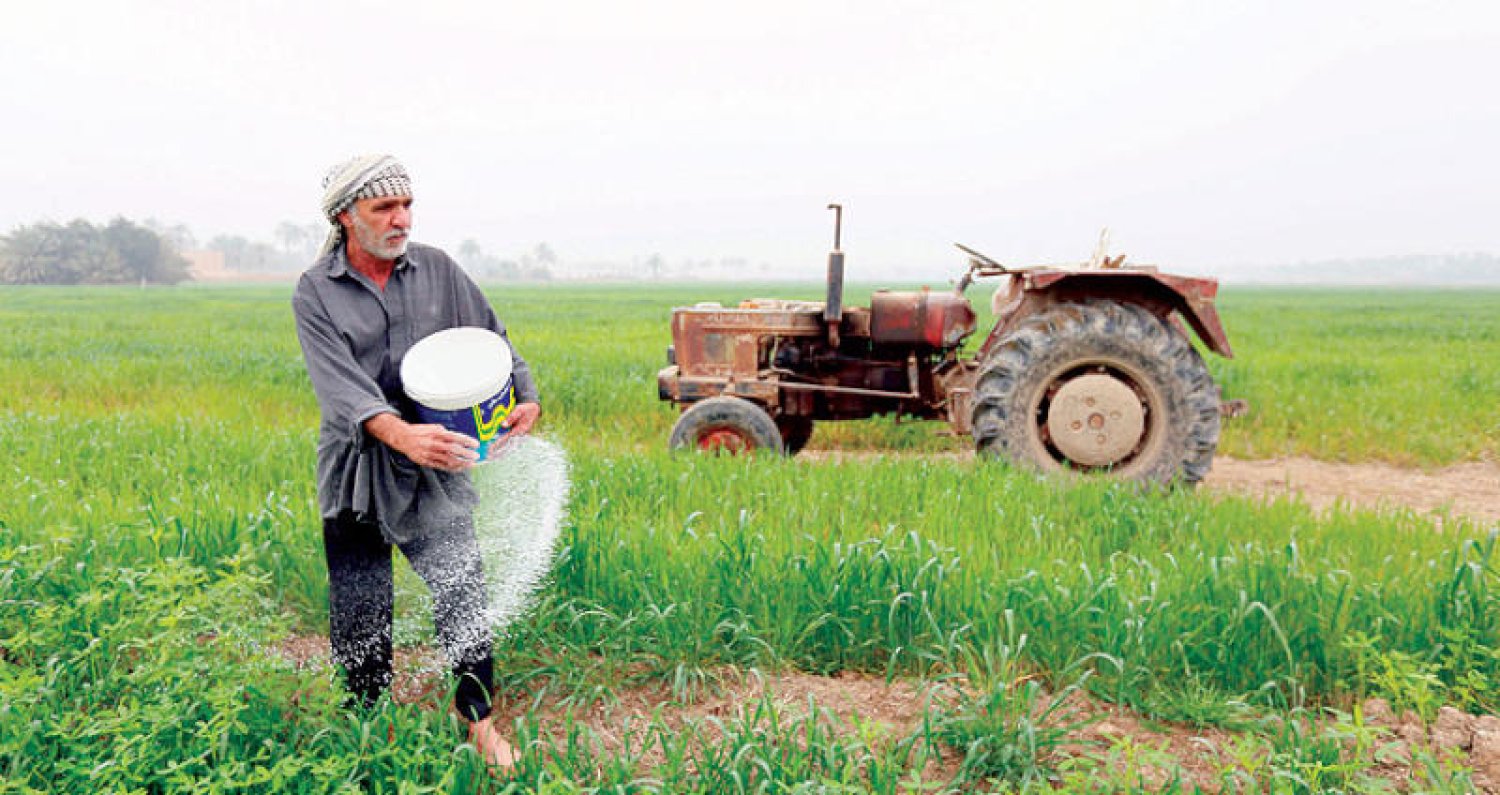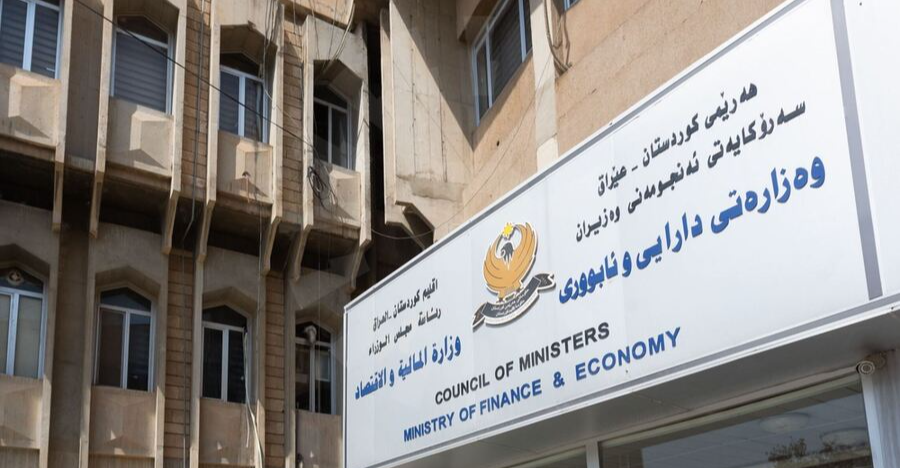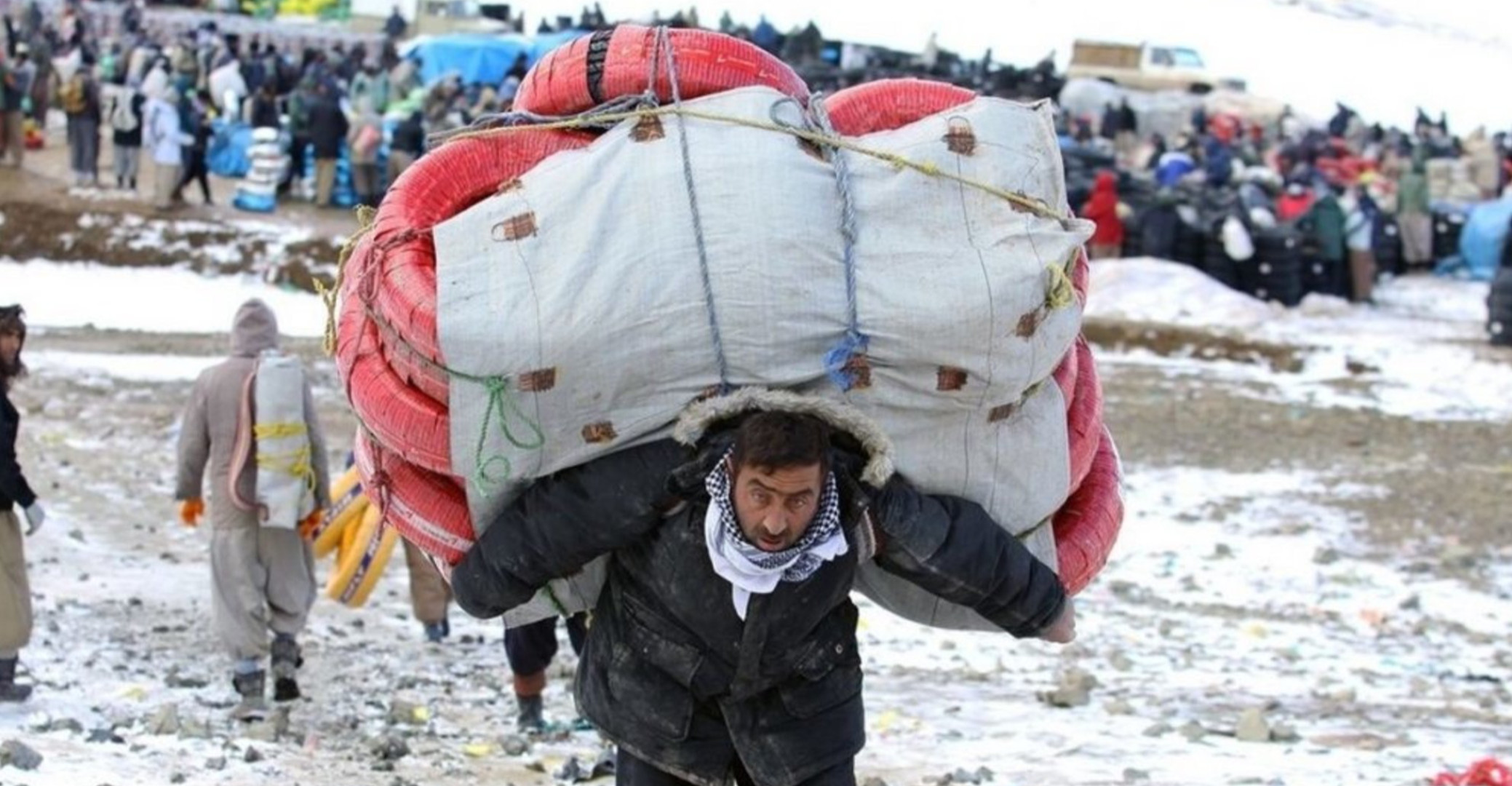Iraq's amber rice crisis: Dwindling cultivation threatens agricultural livelihoods

Shafaq News / A warning from an American report on Friday highlighted the "diminishing" cultivation of distinct "amber" rice in Iraq due to drought and government decisions to restrict water usage. This situation has impacted the lives of many Iraqi families reliant on agriculture, forcing Iraq to import lower quality and flavored rice from abroad.
The report, broadcast by "The World", an American radio program, recounted the story of Salah Al-Faroun, a farmer in southern Iraq for generations. In his home in Najaf Governorate, Al-Faroun showed a picture of their 32-acre farm with lush greenery stretching as far as the eye could see, stating, "Look, it is submerged in water."
However, the report indicated that the farm no longer resembles this picture. It is now barren and dry, impossible for anyone to cultivate, attributed to severe water scarcity affecting the cultivation of the distinctive amber rice. The water scarcity results from a mix of climate change and political geography shifts.
Al-Faroun was quoted in the report stating, "There is no rice, no vegetables, nothing. There are no crops... except wheat." He added, "The main river is dry."
Previously, Al-Faroun would cultivate rice in the summer and wheat in the winter, but now he can only grow wheat due to the water shortage. Due to this scarcity, cultivating amber rice, known for its long grains, high fat content, and unique flavor, is no longer feasible. Traditionally, it was served with every meal.
The report pointed out that "amber" is an Arabic word that in English translates to "amber," alluding to the rice's scent similar to perfumes. Al-Faroun emphasized the significance of amber rice due to its aroma and delicious taste.
For the past two years, the Iraqi government has prohibited farmers from planting rice due to its high water consumption. Fields where rice grows need to be submerged for about five months until the crop matures. Only minimal rice cultivation is allowed in specific areas to preserve seeds for future use.
Consequently, Iraqis have resorted to importing rice from other countries such as Iran, Pakistan, and India. However, the imported rice differs in flavor from amber rice.
Ahmed Salem, a shop manager in Baghdad's Al-Warda market, mentioned that they previously had five varieties of amber rice, but now only two are available. "Prices have doubled. We rely on Pakistani Basmati rice."
Iraq historically relied on the Tigris and Euphrates rivers for water, earning names like "Cradle of Civilization" and "Mesopotamia". However, the land is drying up. Climate change, indicated by record-breaking summer temperatures and ongoing drought, destroyed agricultural crops in Turkey, affecting the river's flow.
Ashraf Shibani, a climate specialist, stated that climate change and the impact of melting snow exacerbate the situation. Additionally, there are water-sharing agreements between Iraq, Iran, Turkey, and Syria concerning these rivers.
Shibani highlighted that Turkey is also facing drought and reduced rainfall in its southern mountains, meaning less water will flow into the rivers. Turkey has initiated massive construction projects in recent years, including dams and hydroelectric power stations along the Tigris and Euphrates rivers.
These Turkish projects significantly affect Iraq's water share. However, the Iraqi government has been minimally involved in negotiations about regional water sharing, occupied with internal security matters. Al-Faroun emphasized that the government needs to engage in serious talks not just with Turkey but also with the United Nations, the Arab League, the Organization of Islamic Cooperation, and the Non-Aligned Movement to secure their rights.
The report concluded with Al-Faroun expressing hope that his children, as in generations past, will have the opportunity to continue their family's legacy.




